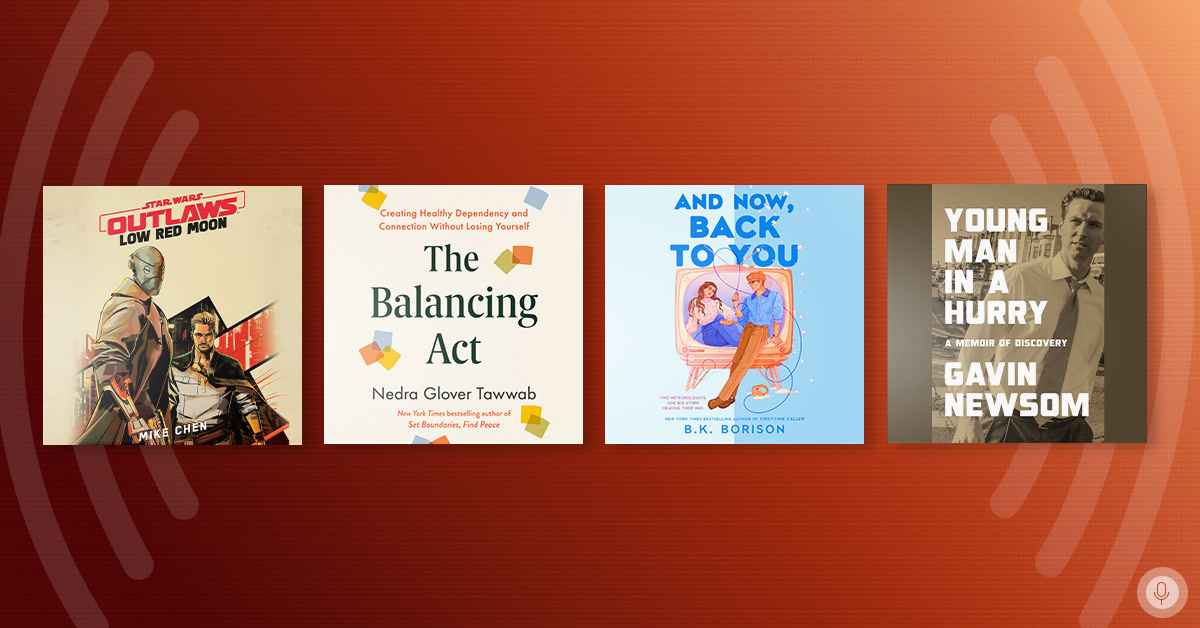READERS GUIDE
Questions and Topics for Discussion
INTRODUCTION
The McMartins’ last daily breakfast together is like any other. Teenage sisters Helen and Miranda bicker over who gets to use the family car, while their English professor father, Darius, attempts to defuse the situation with a duel of wits. The girls’ mother, Sophia, reflects on the comforts and disappointments of a twenty-two year marriage that has produced two children who are at once uniquely themselves and indisputably the product of the parents who raised them. Helen, vivacious and popular, has her mother’s looks and adventurous spirit, while willfully antisocial Miranda holds the world at bay with an erudite superiority inherited from her father. Now on the cusp of adulthood, both girls have begun taking new risks as they attempt to define who they are. For Miranda, this means tentative steps into a social life, which soon lead to her first taste of romance. For Helen, younger but more experienced, it means a secret relationship with a man more than twice her age—a relationship that comes to light in the wake of devastation.
And Sometimes Why takes a magnifying glass to the choices that define a life, and the twists of fate that can rearrange them. Specifically, how a traffic accident triggers a chain of events that upends the lives of a disparate group of people living in Los Angeles. In that one moment, a colorful spectrum of characters emerges: Harry Harlow, a TV game show host with a dwindling career and a passion for something to believe in beyond the gilt Hollywood façade; Anton, a novice filmmaker who fancies himself the Next Big Thing, despite his unemployment; and Misty, who is falling lower in the ranks of young actresses who are perhaps selling more than their souls to make it in LA.
Meanwhile, from the moment Sophia, Darius, and Miranda receive word that Helen’s been taken to the hospital in critical condition, they are forced to examine their own lives. From Darius and Sophia accepting the realities of their marriage to Miranda’s letting her guard down long enough to find love, the family is propelled with new vigor toward the future, even as they reconcile with the past. In turn, they’re each able to shake the security of their well-worn paths and reach the both terrifying and liberating conclusion that, ultimately, change can herald as much joy as it can pain.
DISCUSSION QUESTIONS





















